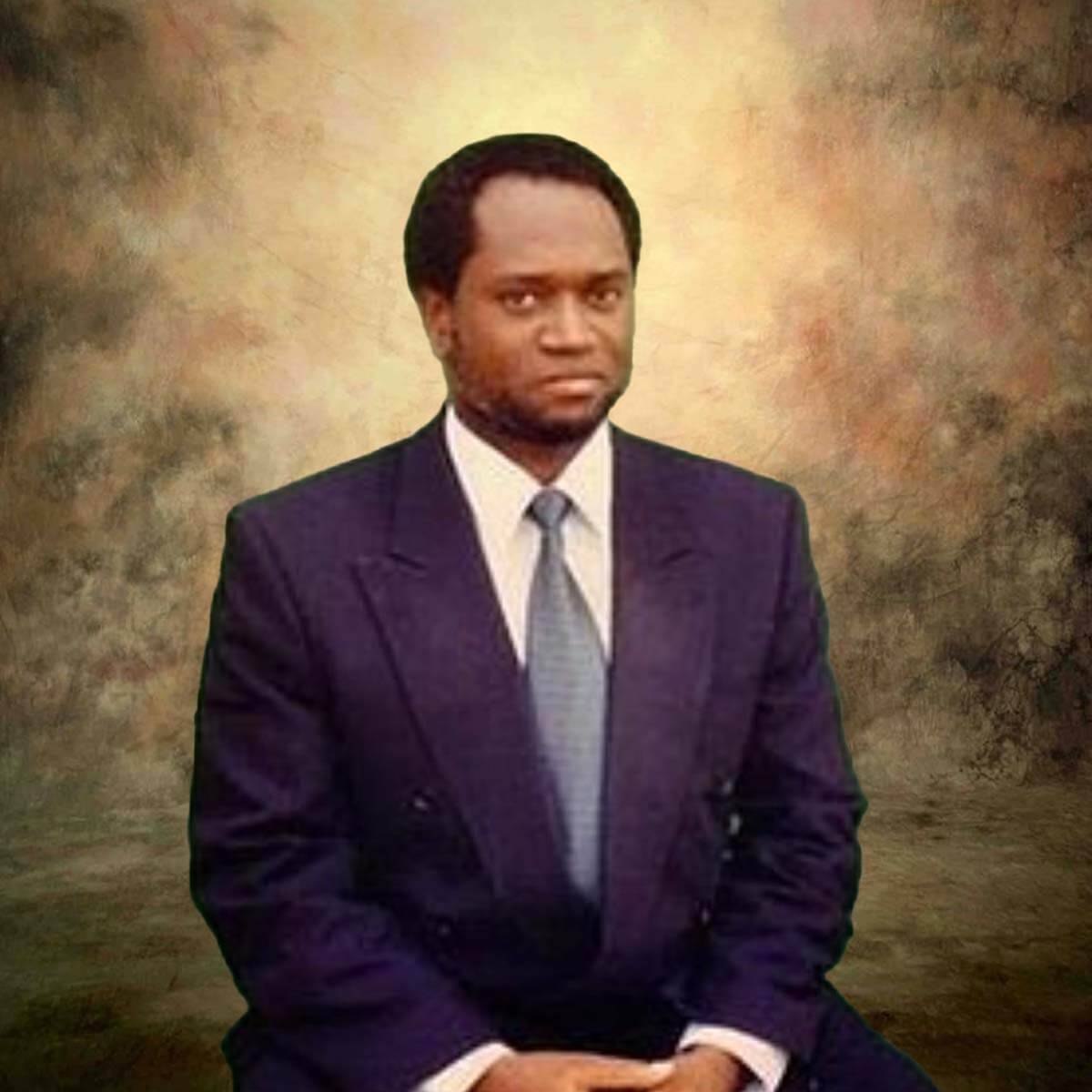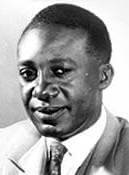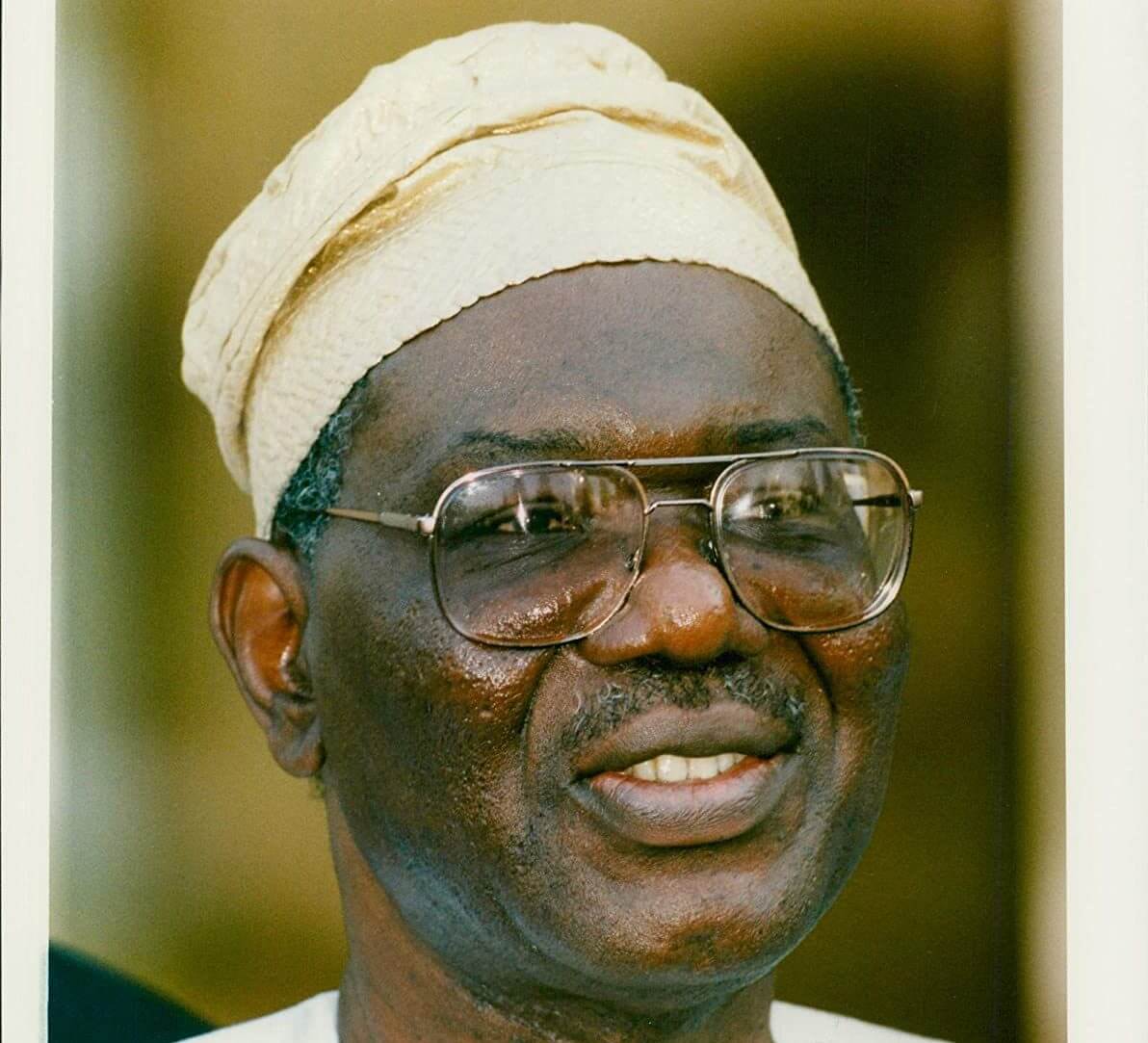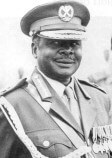In the dynamic world of African politics, the tenure of presidents can sometimes be unexpectedly short-lived.
These leaders, who held the highest office in their respective countries, experienced brief and eventful terms that left an indelible mark on their nations' histories.
Their stories offer fascinating insights into the complexities of governance and the challenges faced by leaders.
Melchior Ndadaye
Melchior Ndadaye became the first democratically elected president of Burundi on July 13, 1993.
His historic election marked a significant milestone as he was the first Hutu to hold a leadership position in the country.
Ndadaye's presidency was characterized by his sincere efforts to bring an end to the long-standing ethnic tensions between the Hutus and Tutsis, which had plagued Burundi for years.
However, his progressive reforms and vision for a unified Burundi faced opposition from certain factions within the Tutsi-dominated army. Tragically, on October 21 of the same year, Ndadaye's presidency was abruptly cut short when he was assassinated in a military coup.
The assassination of Ndadaye plunged Burundi into a state of turmoil, triggering the Burundian Civil War. Brutal massacres and widespread violence between the Hutu and Tutsi tribes engulfed the nation.

Yusuf Lule
Yusuf Lule assumed the presidency of Uganda on April 13, 1979, following the removal of the infamous Idi Amin Dada from power by Tanzanian forces, aided by the Uganda National Liberation Front led by Lule.
His appointment as the fourth president brought hope for a fresh start after years of Amin's oppressive regime.
However, the allure of power seemed to cloud Lule's judgment, as he disregarded the contributions of those who had assisted in his ascent to power. He made unilateral decisions and appointments without consulting the National Consultative Committee (NCC).
The situation escalated when Lule proposed the disbandment of the National Liberation Army, favouring the creation of a new National Army, a move that was met with strong opposition and condemnation.
As tensions heightened, the NCC staged a coup, removing Lule from office on June 20 of the same year, a mere 68 days into his presidency. Lule fled the country and sought exile in Tanzania, where he was placed under house arrest, effectively ending his short-lived presidency.

Christopher Elnathan Okoro Cole
Okoro holds the distinction of being the shortest-serving president of Sierra Leone.
In early 1971, Sierra Leone transitioned from a monarchy to a republic, introducing a new constitution in April of the same year.
As the Chief Justice at the time, Okoro assumed the role of interim president for a mere two days, from April 19 to April 21, 1971, before transferring power to the Prime Minister, Saika Stevens.
Ernest Shonekan
Shonekan served as the interim president of Nigeria from August 26 to November 17, 1993, for a period of three months.
Shonekan took office after General Ibrahim Babangida resigned amidst mounting pressure for the establishment of a democratic government, following the annulment of the June 1993 elections.
Shonekan made genuine attempts to restore democratic governance in Nigeria. He scheduled another presidential election aimed at fulfilling the aspirations of the people.
However, his efforts were met with challenges. His predecessor had weakened the government by keeping it under military control. He sought to repeal key repressive decrees and released political prisoners detained during Babangida's regime.
Despite his intentions, the country faced severe economic sanctions and soaring inflation after the election annulment. These circumstances made governing Nigeria a difficult task. Shonekan's presidency was cut short by a military coup led by General Sani Abacha.

General Tito Okello
General Tito rose to become the eighth president of Uganda after orchestrating a coup that ousted President Milton Obote in July 1985. Before assuming the presidency, Tito served as the army commander in the Uganda National Liberation Army (UNLA) during Obote's rule.
Tito inherited a country in chaos, with numerous rebel groups causing mayhem and the economy in a dire state.
He embarked on efforts to reconcile and bring together the warring factions but faced resistance from the largest rebel group, the National Resistance Army (NRA).
In November of the same year, peace talks between Tito's government and the NRA took place in Nairobi, resulting in an agreement that, unfortunately, failed to bring lasting peace as conflicts continued across the country.
Tito's presidency lasted six months before he was overthrown on January 26, 1986. He sought exile in Kenya, Tanzania, and various European countries, eventually meeting his demise in 1996.

Did you Know
Umoja village in Kenya is exclusively inhabited by women, their children, and livestock.
Language Learning Tip
Find a partner. A partner will push you to try just a little bit harder and a plus of having someone with whom you can speak.
Join the Lughayangu Community!

